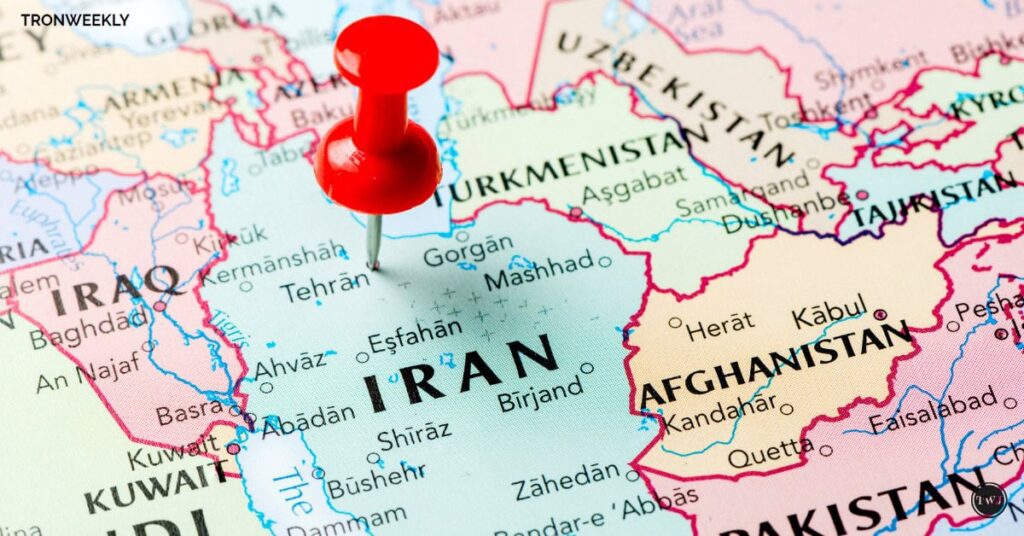The Central Bank of Iran (CBI) has announced a regulatory framework to govern the cryptocurrency sector. The move positions the CBI as the primary regulator, aiming to balance oversight and economic growth. The framework focuses on licensing brokers and custodians while enforcing anti-money laundering (AML) and terrorist financing (CTF) laws.
Iran Focuses on Crypto for Economic Growth
Under the new framework, the CBI will regulate Iran’s cryptocurrency sector. It will issue licenses to brokers and custodians to ensure compliance with AML and crypto tax laws. Additionally, the CBI plans to collaborate with the Ministry of Finance to support the growth of the industry.
Governor Mohammadreza Farzin emphasized harnessing the potential of crypto while managing risks. He said the framework aims to responsibly integrate digital assets into the Iranian economy. Farzin added that the central bank would work closely with stakeholders to drive innovation in the sector.
The government intends to use digital assets to support economic development. Economic Affairs Minister Abdolnasser Hemmati said: “Managing risks while capitalizing on the benefits of crypto can help the economy grow. » He also encouraged stakeholders to form a unified association to strengthen collaboration.
New crypto rules focus on economic integration
The regulatory framework aims to use crypto for job creation and international trade amid economic sanctions. Iran has already used digital assets to settle transactions and circumvent financial restrictions. The new rules extend oversight beyond mining, integrating crypto into broader economic activities.
Hemmati acknowledged that restrictions on cryptocurrencies have been ineffective, calling for a shift toward risk management. He highlighted the potential of crypto to generate revenue and strengthen Iran’s digital economy. Additionally, the government plans to ensure that the framework complies with international standards.
Iran legalized crypto mining in 2019 under strict conditions, including higher electricity rates and mandatory asset sales to the government. However, the government temporarily halted mining during the energy crises but later allowed it to resume. The new framework represents a more comprehensive approach to crypto regulation.
Strict crypto oversight aims to attract investment
The updated regulations mark a step toward aligning Iran’s financial system with international crypto practices. The CBI will monitor compliance to prevent illegal activities while promoting transparency in the sector.
By legalizing the mining and trading of cryptocurrencies under strict supervision, Iran hopes to attract investment. The government views this sector as an opportunity to mitigate the impact of sanctions. Policymakers are optimistic that a regulated crypto market can boost economic growth.




